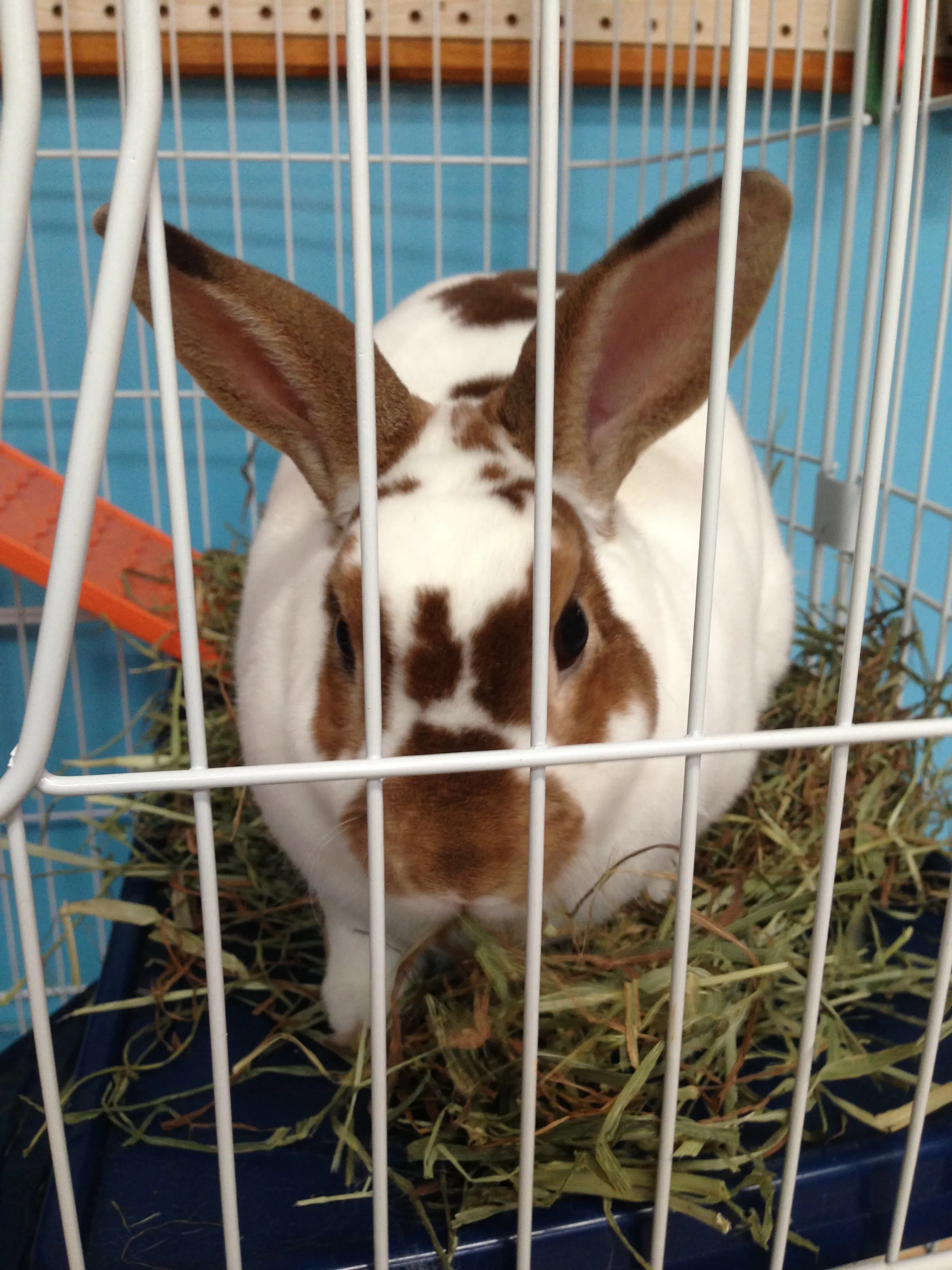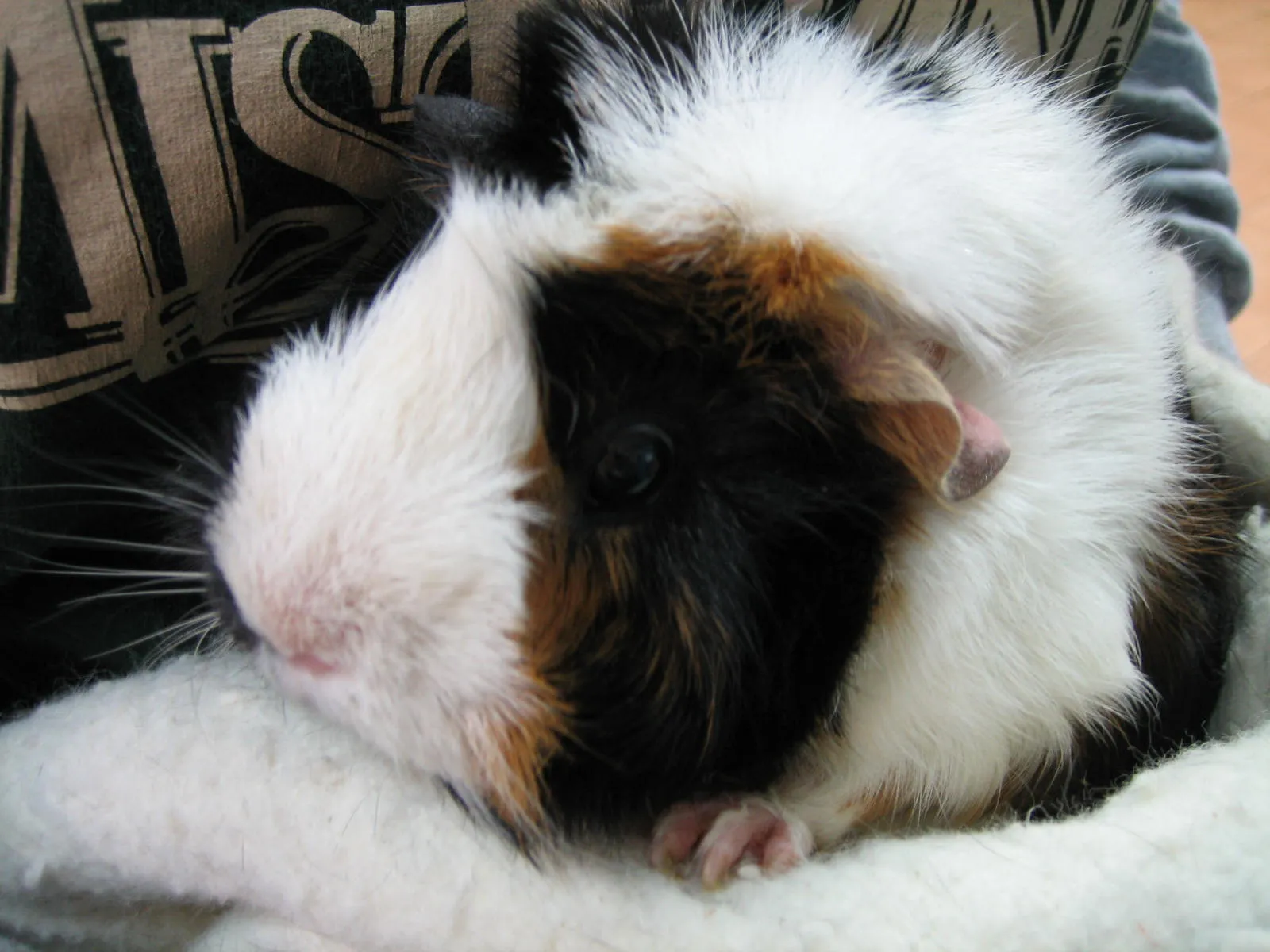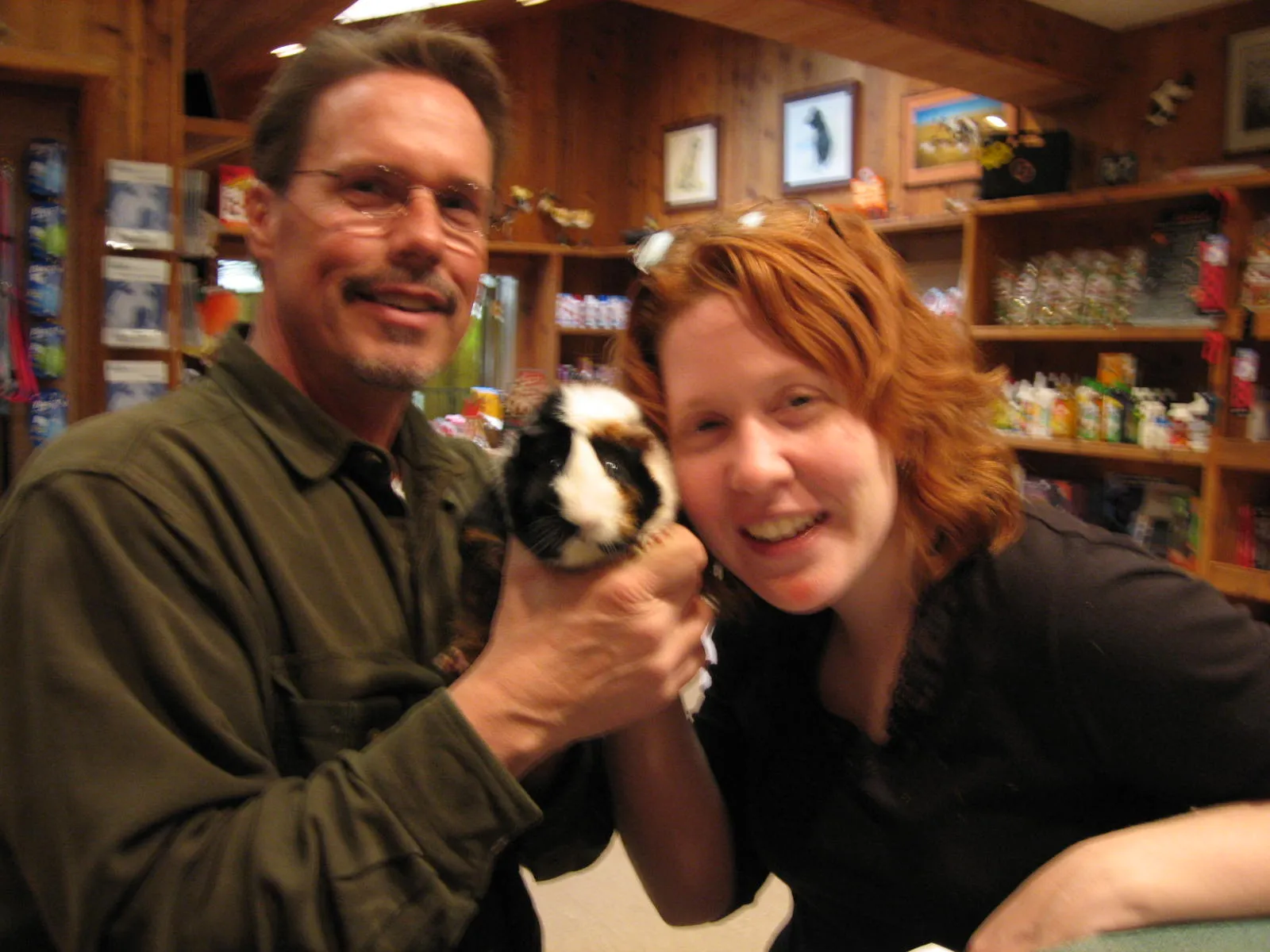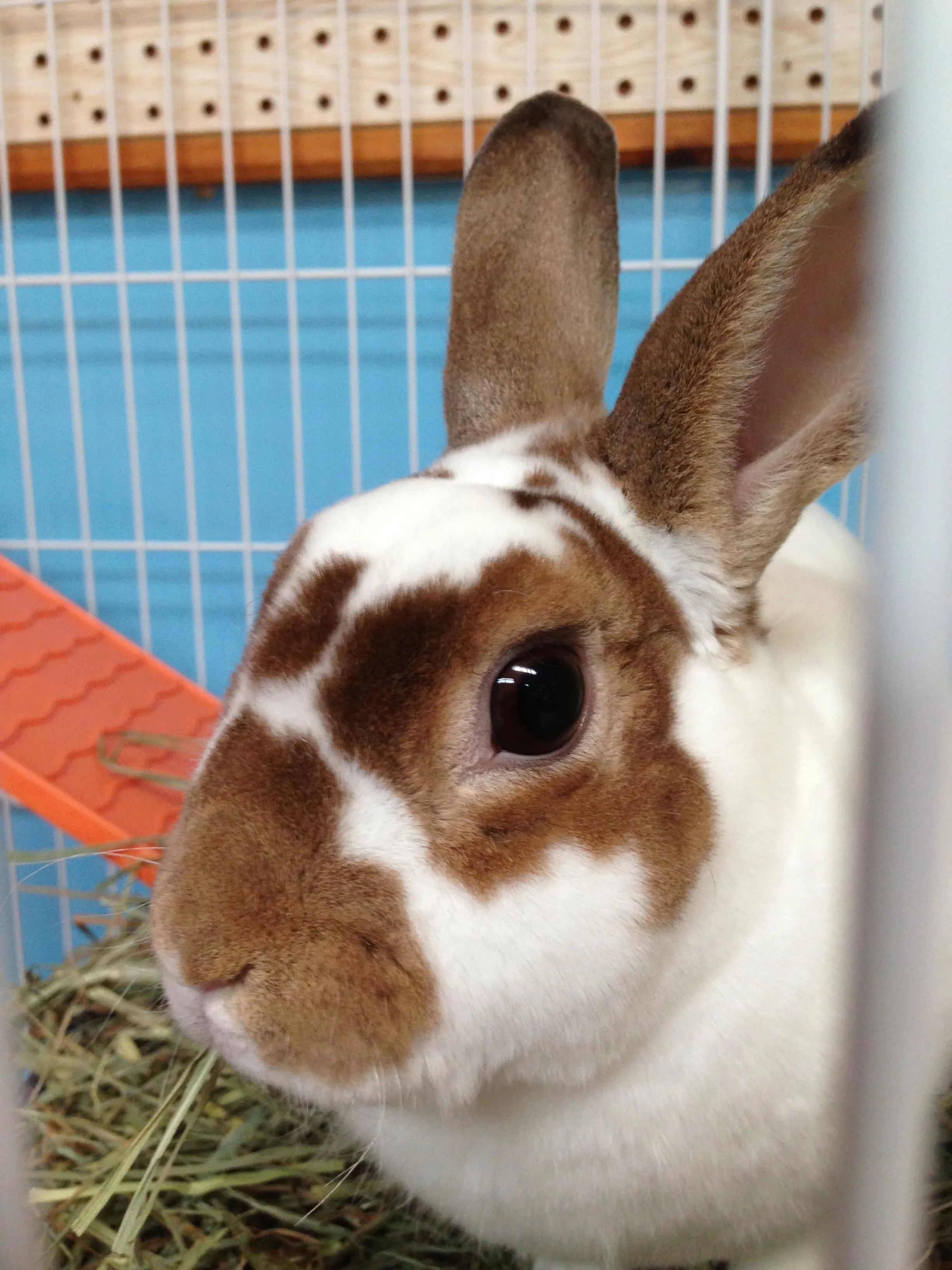Leaving your beloved small animal or exotic pet behind when you travel can be a source of anxiety. Whether you own a rabbit, guinea pig, bird, reptile, or ferret, finding the right Small Animal Boarding facility is crucial for their well-being and your peace of mind. A reputable boarding service provides a safe, comfortable, and quiet environment where experienced caregivers can ensure your pet’s health and happiness while you’re away. Understanding what to look for and how to prepare can make all the difference for a smooth boarding experience for your small companion.
The ideal boarding facility should offer specialized accommodations designed to make smaller guests feel at home. This often includes providing dedicated spaces for cages and aquariums, ensuring a calm atmosphere away from larger pets. While the facility provides the space, owners are typically responsible for supplying their pet’s familiar bedding, food, litter, and waterers to maintain consistency and minimize stress. This continuity in care is vital, especially for pets with specific dietary needs or routines. For instance, ensuring they have their preferred food is as important as providing them with healthy dog treats for small dogs if they were a canine.
Preparing Your Pet for Small Animal Boarding
Proper preparation is key to a successful small animal boarding experience. Planning ahead is paramount, as quality boarding services, especially for exotic pets, tend to book quickly. It’s advisable to reserve your pet’s space as soon as your travel dates are confirmed. Many facilities offer a pre-check-in option to streamline the process, allowing you to provide essential information in advance.
Crucial Documents and Information
Before check-in, you will need to supply several important documents and details. Vaccination records are non-negotiable and must be provided prior to your pet’s arrival. Vaccination requirements vary significantly for each type of pet and should always be determined in consultation with your veterinarian. This ensures the safety of your pet and others in the facility. Additionally, be prepared to provide an emergency contact number and detailed instructions regarding your pet’s feeding schedule, any medications or supplements, and grooming preferences. Informing the caregivers about any behavior or medical issues, such as allergies, separation anxiety, fear of thunder, or a history of epilepsy, is critical for their customized care. Remember, you are financially responsible for any veterinary care required during your pet’s stay.
It is also vital that your pet is free of internal and external parasites, such as fleas, and has not been exposed to any contagious diseases. Facilities reserve the right to deny boarding to pets lacking required vaccinations, those appearing behaviorally unsound, or those that may have been exposed to contagious illnesses or parasites. If fleas are discovered, your pet will likely be bathed at your expense to protect other animals in their care.
Ensuring a Healthy and Stress-Free Stay
Separation from you and adjustment to a new environment can sometimes induce stress in pets, leading to lowered immunity or temporary changes in behavior. To minimize potential stomach upset, it is recommended not to feed your pet at least four hours prior to boarding. Be aware that changes in exercise and eating habits are common, with some pets potentially gaining or losing weight during their stay. Open communication with the boarding facility about your pet’s usual routine and any special needs is crucial for making their small animal boarding as comfortable as possible.
 A small, fluffy rabbit comfortably resting in a clean, spacious enclosure with bedding.
A small, fluffy rabbit comfortably resting in a clean, spacious enclosure with bedding.
Caregivers at reputable facilities pride themselves on superior pet care and personalized attention, aiming to make each pet’s experience relaxing. However, understanding that eating and elimination habits can change in a new environment is important. Providing comprehensive information about your pet, including any special needs or medical problems, will significantly help the staff deliver the best possible care. Whether it’s their preferred type of food or specific handling instructions, every detail matters.
Grooming and Additional Services
Many small animal boarding facilities offer additional services to enhance your pet’s stay. Grooming services, such as baths, thorough brushings, and nail trims, are often available and can be scheduled in advance. Some even provide spa options for an extra soft, shiny, and great-smelling coat, a lovely treat for your pet. It’s best to book these appointments when you make your boarding reservation to ensure availability.
 Two guinea pigs in a spacious enclosure, one standing near a water bottle, the other nestled in soft bedding.
Two guinea pigs in a spacious enclosure, one standing near a water bottle, the other nestled in soft bedding.
Pickup, Policies, and Post-Boarding Care
To ensure a smooth pickup, many facilities operate by appointment only for drop-offs and pick-ups. Be sure to confirm their operating hours and any specific procedures. A credit card is often required to hold reservations, with cancellation or change policies that may include fees if not adhered to within a specified notice period, typically several days prior to check-in. This is common practice to manage their limited capacity, especially for specialized small animal boarding.
 A colorful bird perched on a branch inside a well-equipped cage with various toys and feeders.
A colorful bird perched on a branch inside a well-equipped cage with various toys and feeders.
When it comes to your pet’s belongings, it is essential to provide their food in a labeled, airtight container. While facilities provide space, you are responsible for their cage or aquarium. It is also wise to keep your pet’s most cherished possessions at home to prevent them from being misplaced. You should also be prepared to take your carrier with you, as storage may incur an additional daily fee. Payment for services is typically due upon pickup, with most facilities accepting various forms of payment including cash, checks, and major credit cards. Knowing these policies upfront helps avoid any surprises. For pets with specific dietary needs, ensure you pack enough of their regular food, perhaps even considering options like best home cooked food for dogs if that is part of their routine, ensuring consistency.
 A ferret peeking out of a cozy fabric tunnel inside a well-maintained enclosure.
A ferret peeking out of a cozy fabric tunnel inside a well-maintained enclosure.
Once your pet is home, they will undoubtedly be thrilled to see you. Remember that they may need some time to readjust to being back in their familiar environment, just as they needed time to adjust to boarding. Their routine might have shifted slightly, and they might be more tired than usual. If you have any questions or concerns regarding your pet’s visit or their behavior after returning home, do not hesitate to contact the pet care provider. Their expertise is invaluable, and they are there to help ensure a complete and healthy transition back home. Just as we prioritize a good diet for a healthy coat with dog food for healthy skin and coat, a comfortable and safe boarding experience contributes to overall well-being.
Conclusion
Choosing the right small animal boarding facility is a crucial decision for any pet owner. By understanding the importance of planning, providing thorough documentation, communicating your pet’s specific needs, and adhering to facility policies, you can help ensure a positive and comfortable experience for your beloved companion. Whether your pet is a rabbit, guinea pig, bird, reptile, or ferret, a reputable boarding service committed to personalized attention and a quiet atmosphere can offer peace of mind during your absence. Always prioritize transparency and detailed information with your chosen facility to guarantee the best possible care, allowing your pet to thrive even when you’re away. For pets with unique nutritional requirements, always ensure the facility is capable of handling them, much like understanding if chicken liver is good for dog is part of a dog’s diet, or preparing healthy soft dog food for senior dogs for an older canine guest.
